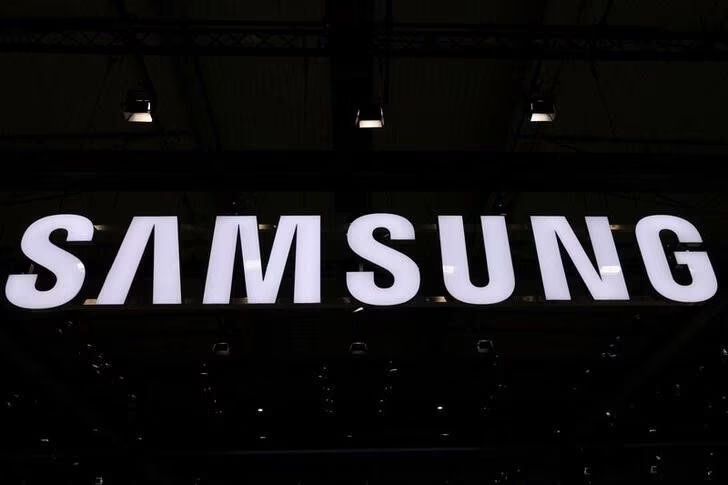By Honorable Michael Flanagan, Opinion Contributor
A new legal effort undertaken by ordinary Illinoisians has put big tech on notice and may finally provide a pathway to hold these companies accountable for its breaches of privacy and suppression of free speech.
After no small amount of legal wrangling, tens of thousands of residents of the Prairie state have joined together in a mass arbitration effort hold tech behemoth Samsung accountable for what they believe is a flagrant violation of the Illinois Biometric Information Privacy Act (BIPA). But Samsung, which is alleged to have collected biometric data from its users without properly informing them or obtaining their consent, is now trying to avoid accountability.
In recent years many tech companies, including Samsung, have rewritten their terms of service to require their users to surrender all rights to a trial and submit to arbitration as a condition of using their products. These tech giants have argued that arbitration is a more efficient and tailored method of dispute resolution compared to traditional litigation but in reality, the unfair and often arguably corrupt outcomes of arbitration to settle claims against companies have rarely favored the plaintiff.
Historically, arbitration has been the preferred dispute resolution method of big business for several reasons. For starters, arbitration is not required to clearly apply governing law. It is really an equity proceeding where the decider of fact (the arbitrator) is only loosely compelled to decide as a judge and a jury might. Furthermore, arbitrators aren’t obligated to follow legal precedent (meaning a victory in one dispute does not ensure a similar outcome in a subsequent similar dispute) and the right to appeal decisions is extremely limited.
As a result, big business generally has an unbelievable track record of success in arbitration claims. But while this track record has usually been too good to be completely fair, as many legal analysts have observed, Illinoisans have fortunately found a way to once again level the playing field. With about fifty thousand residents filing individual arbitration claims against Samsung for allegedly stealing their biometric data, the company will be forced to pay tens of millions in fees just to respond to these claims, regardless of the outcome of arbitration. This has put significant pressure on Samsung to settle in an equitable manner for the plaintiffs in this case and could provide a model for forcing other big tech companies to answer for their actions.
Laughably, Samsung is crying foul. Now that victims have found a way to once again hold the company liable for its malfeasance, Samsung wants out of the very system it created in an effort to avoid accountability. The company tried to run to California to force the plaintiffs into a different manner of dispute resolution that would have been more favorable to Samsung but thankfully they were bounced back to Illinois. Speaking as one who has actually read and been forced to submit to one of these insanely indecipherable contracts, all I can say is too bad with big grin!
But now Samsung feels that it should have the same advantages in Illinois against these tens of thousands of complainants as tech companies have regularly exercised against individual complainants in California. The arrogance of their position is astounding. Samsung has refused to pay for their part of the arbitration proceedings, arguing that because of Illinois’ Arbitration Act, it’s disproportionately expensive for the multi-billion-dollar conglomerate to pursue its heretofore with preferred method of dealing with such complaints. In other words, mass arbitration is a turn their lawyers never anticipated when writing these new terms of service.So with a straight face, Samsung has asked the courts to compel the tens of thousands of arbitration applicants to pay not only their own costs in arbitration but the company’s costs in the proceedings as well!
The proverbial ball is now in the hands of the U.S. District Court for the Northern District of Illinois which must insist on the application of the plain meaning of the Illinois Arbitration Act and protect mass arbitration. Illinoisians have fired the proverbial first shot in this latest battle to rein in big tech and the court must start the consumer on the road to having some power in contending with the tech giants.
As tech companies increasingly engage in activities that violate the privacy of Americans and stifle the free speech of conservatives, they have increasingly turned to arbitration clauses in an attempt to avoid liability. In this case though, the onerous, one-sided, unreasonably long, legalese-laden, purposely complex contracts offered laughingly lauded by tech giants to the peons who clamber to use their toys are coming back to haunt them in Illinois.
Congressman Mike Flanagan represented the 5th District of Illinois in the historic 104th Congress. A practicing attorney, he is also a member of the Illinois State Bar.








